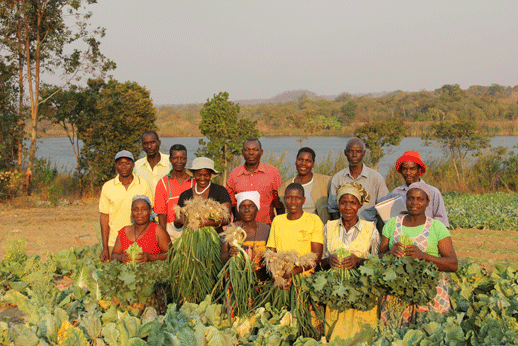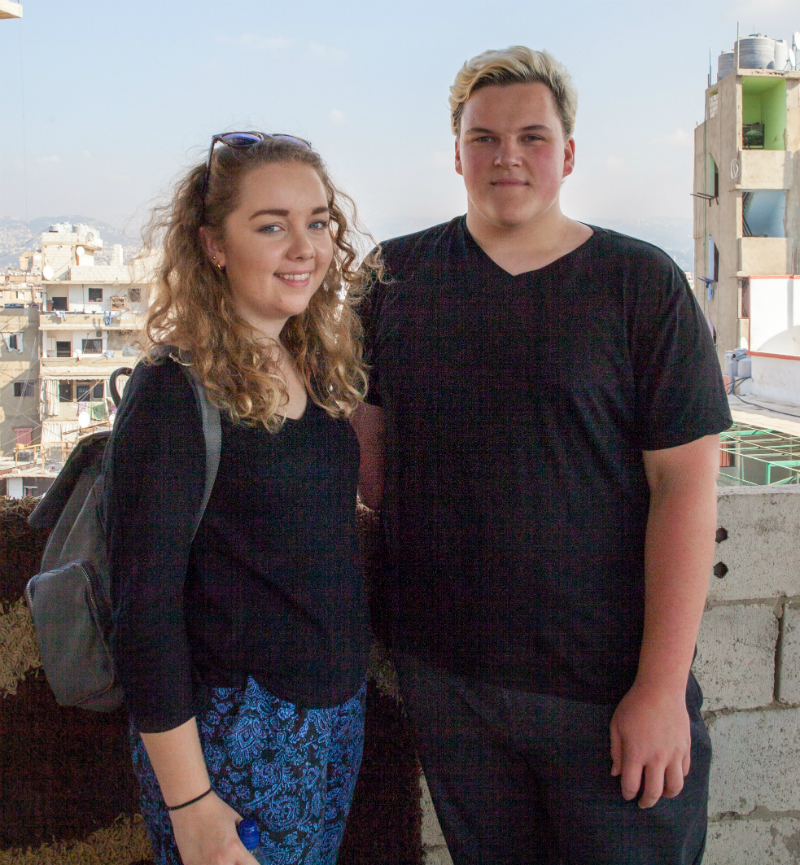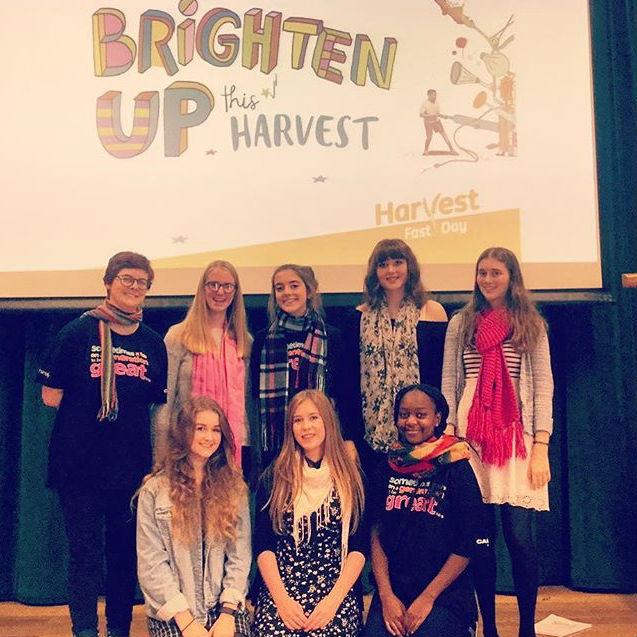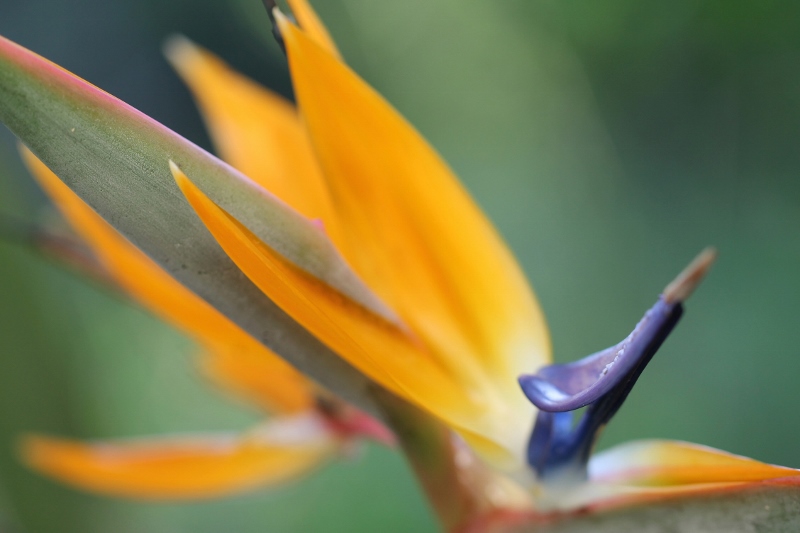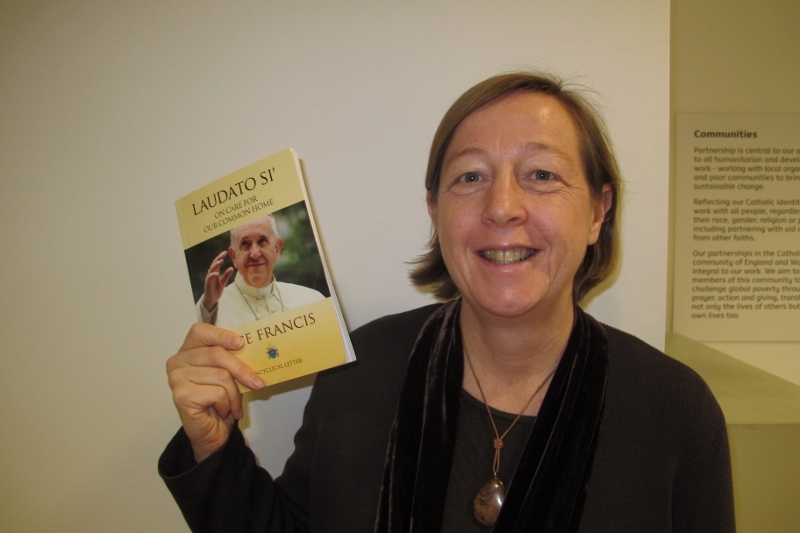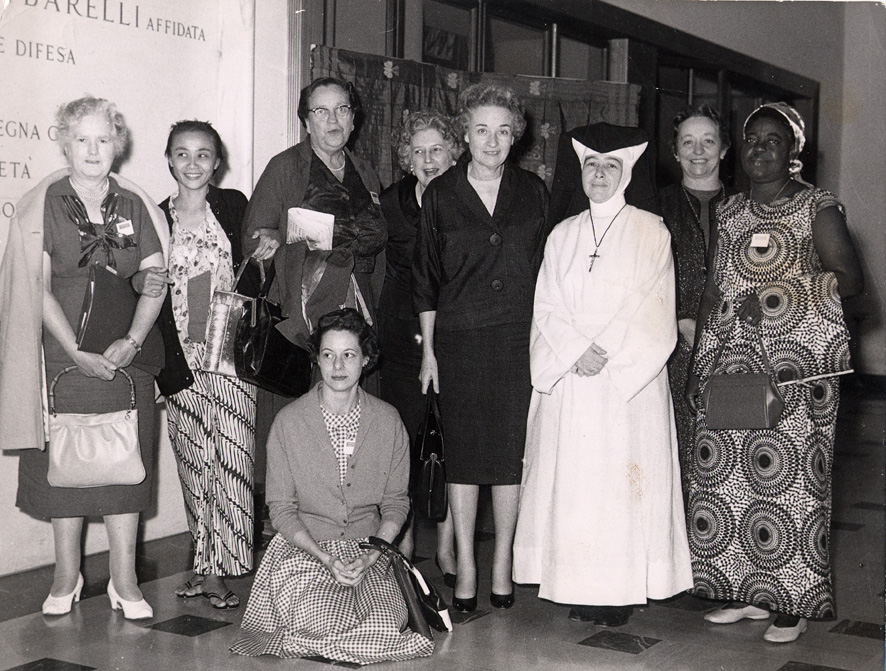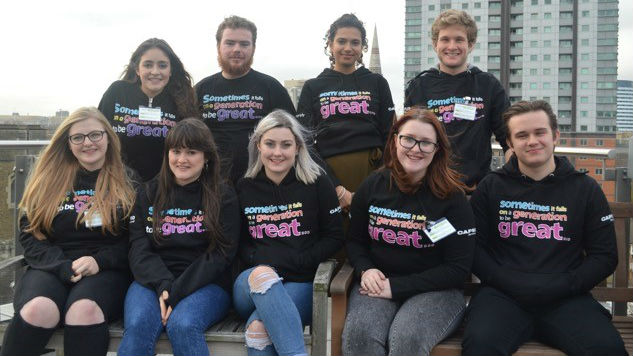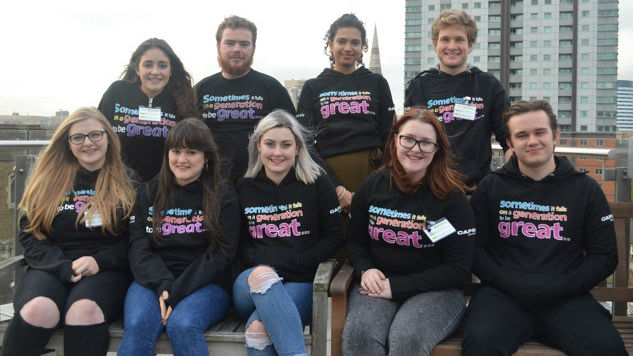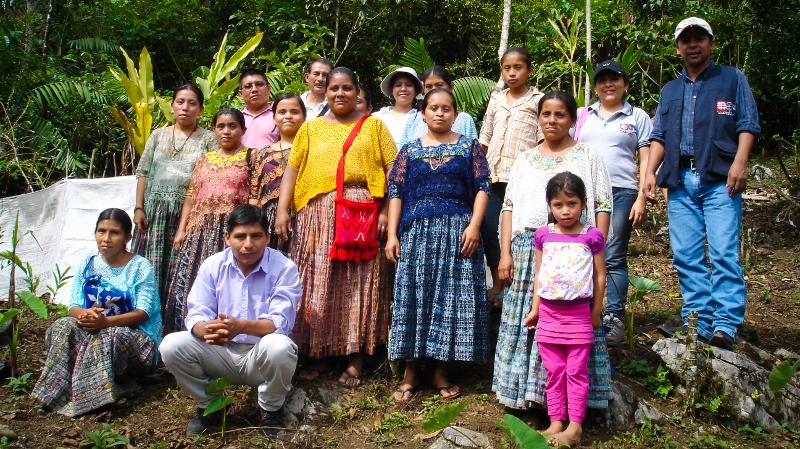Reflections on Flame 2017
March 14, 2017
CAFOD volunteer, Leah Fox, 19, from Newcastle spoke to thousands of young people at Flame 2017 about her experiences of meeting refugees in Lebanon and sharing messages of hope from the UK. Here, she reflects on her experience and encourages others to act.
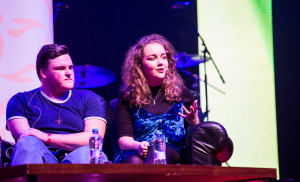
Tell us why you were on stage with CAFOD at the Wembley SSE Arena on Saturday 11 March.
Last year I was part of Youth Ministry Team in the Diocese of Hexham and Newcastle, whilst I was there I became a CAFOD Ambassador with representatives from other retreat centres around the country. All around the media, we could see that there were a lot of negative things being said about refugees, and they weren’t being treated in a dignified way. We decided that the Refugee Crisis needed to be addressed so we started talking to the young people we worked with about refugees and gathering messages of hope from them.
Join the 10,000 reasons to hope challenge – write a message today


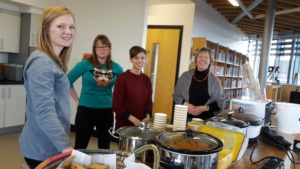 Simple soups are all the rage here at CAFOD this Lent. I sat down with a colleague on Monday and we each shared some. If food was music, his was a clever symphony of kale and spinach. Mine was a panicked free-jazz improvisation on the theme of black beans and veg.
Simple soups are all the rage here at CAFOD this Lent. I sat down with a colleague on Monday and we each shared some. If food was music, his was a clever symphony of kale and spinach. Mine was a panicked free-jazz improvisation on the theme of black beans and veg.